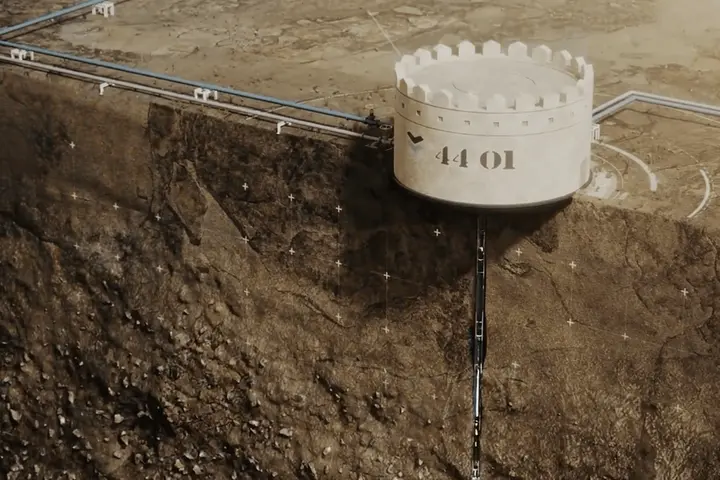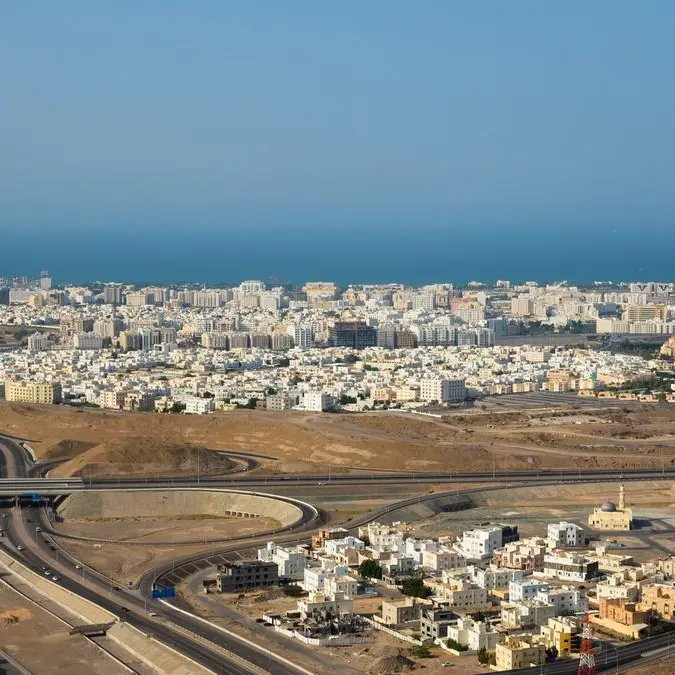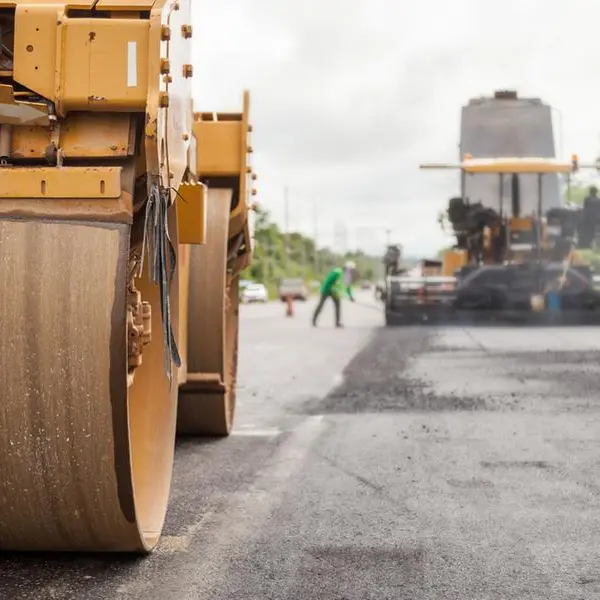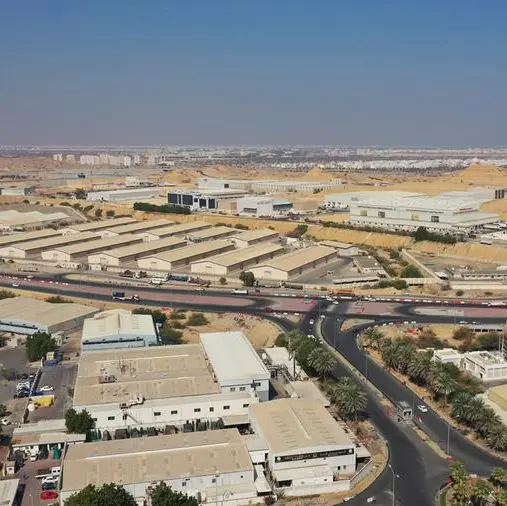PHOTO
44.01, the Omani carbon mineralisation technology innovator and U.S.-based Direct Air Capture (DAC) technology company Aircapture have partnered for a pilot carbon mineralisation project in Oman.
The Berkeley-headquartered Aircapture's modular DAC units will initially provide up to 500 tonnes of high-grade liquid carbon dioxide (CO2) per year for mineralisation by 44.01 with plans to increase after initial pilot testing. The project will begin operations in Oman's Hajar mountains in late 2024,” a joint statement from both companies said.
This will be the world's largest peridotite mineralisation project to eliminate atmospheric CO2 and a significant scale up in the deployment of 44.01 and Aircapture's technologies, the statements added.
44.01 will mineralise the captured atmospheric CO2 in peridotite using their award-winning technology. Peridotite, an ultramafic rock found in abundance across the world, mineralises CO2 naturally in a process that usually takes decades. 44.01's technology accelerates this process, offering a safe, permanent, and scalable way of eliminating CO2 in less than a year. The project will take place at a site in Oman where 44.01 has already completed successful pilots and will also see 44.01 mineralise thousands of tons of CO2 from industrial and biogenic sources.
Founded in 2019, Aircapture supplies commercial and industrial customers with clean CO2 captured from the atmosphere and point-source emissions. Their modular DAC technology allows for the direct, on-site application into customers' production processes and for large-scale sequestration. Aircapture, in partnership, has been awarded over $30 million in federal grants for their pioneering CO2 sequestration to help avert the existential threat of climate change and create decarbonised products from atmospheric CO2.
(Writing by Sowmya Sundar; Editing by Anoop Menon)
Subscribe to our Projects' PULSE newsletter that brings you trustworthy news, updates and insights on project activities, developments, and partnerships across sectors in the Middle East and Africa.





















